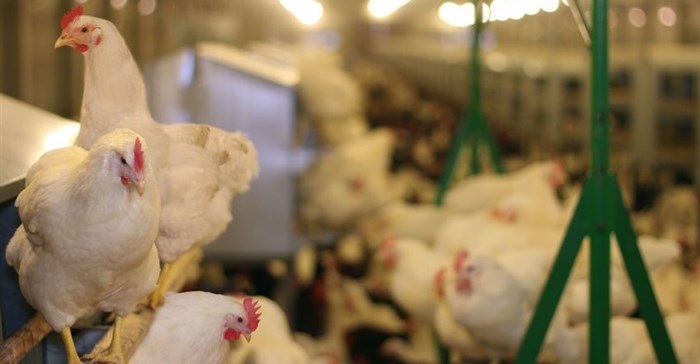
Top stories



Marketing & MediaAds are coming to AI. Does that really have to be such a bad thing?
Ilayaraja Subramanian 6 hours



More news
















Electricity plays a crucial role in animal farming. It drives the system and equipment that creates the ideal environment to keep the animals in full health and vigour. Lighting, heating, ventilation, electric motors which run feed lines – electricity is at the core of a productive intensive farming system.

Intensive poultry production is heavily reliant on electricity for maintaining poultry house environments, as well as in the supply of feed, lighting, and water. The ventilation system is a crucial component of a healthy operation.
Overheating is a serious threat. If the mechanical ventilation system fails to circulate air through the poultry house, the enclosure can heat up extremely rapidly, and the entire flock could suffer heat stress or even result in slow and painful deaths. Other examples of farming systems that heavily rely on electricity are; aquaculture, and piggeries.
"The NSPCA have been addressing Eskom since December, last year, with regards to our serious concerns, but have only received requests for our meter number in return – a query that is completely unrelated to our issues as we do not run an intensive farming operation.
"We are disgusted by their lack of response, and with the fact that they have clearly not even bothered to read our correspondence. We are extremely worried about the fate of thousands of animals that may suffer as a result of intermittent electricity deprivation" said Grace De Lange, senior inspector, manager of the NSPCA’s Farm Animal Protection Unit.
There are a number of subsistence and emerging farmers that may not have the financial means to purchase back-up generators, and even if farms do have these, there is still a risk that when electricity is supplied again, the voltage may be too low which may result in the failure of ventilation systems, water pumps, cooling and heating systems, food lines, etc.
The NSPCA strongly urges Eskom to take serious cognisance of the concerns raised and to consider the welfare of the sentient beings that rely on a constant electricity supply to survive.